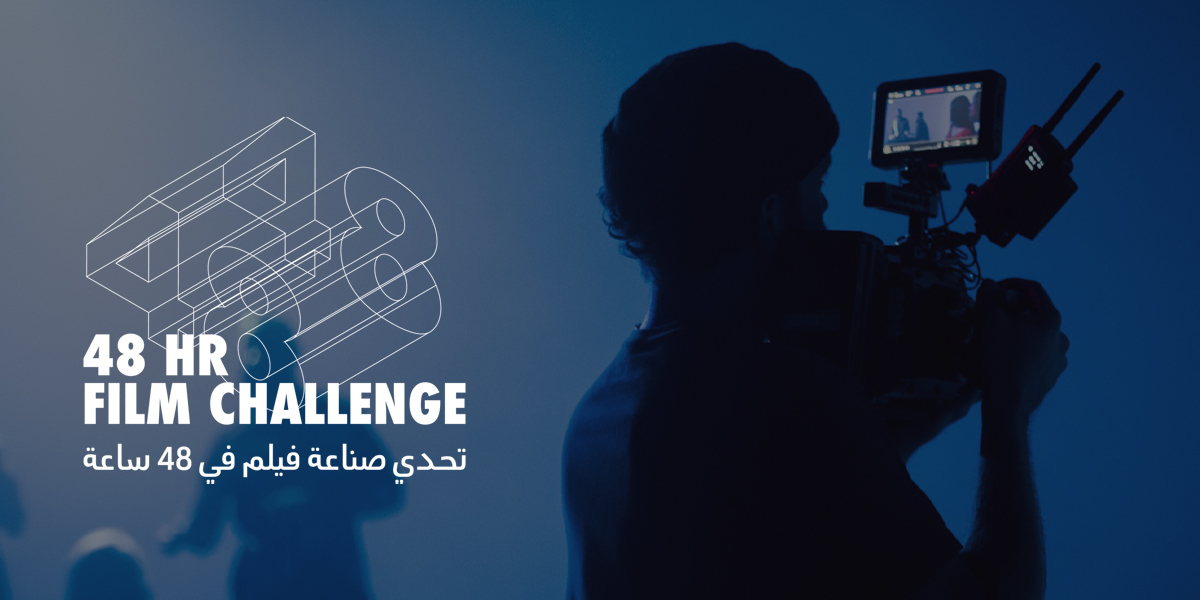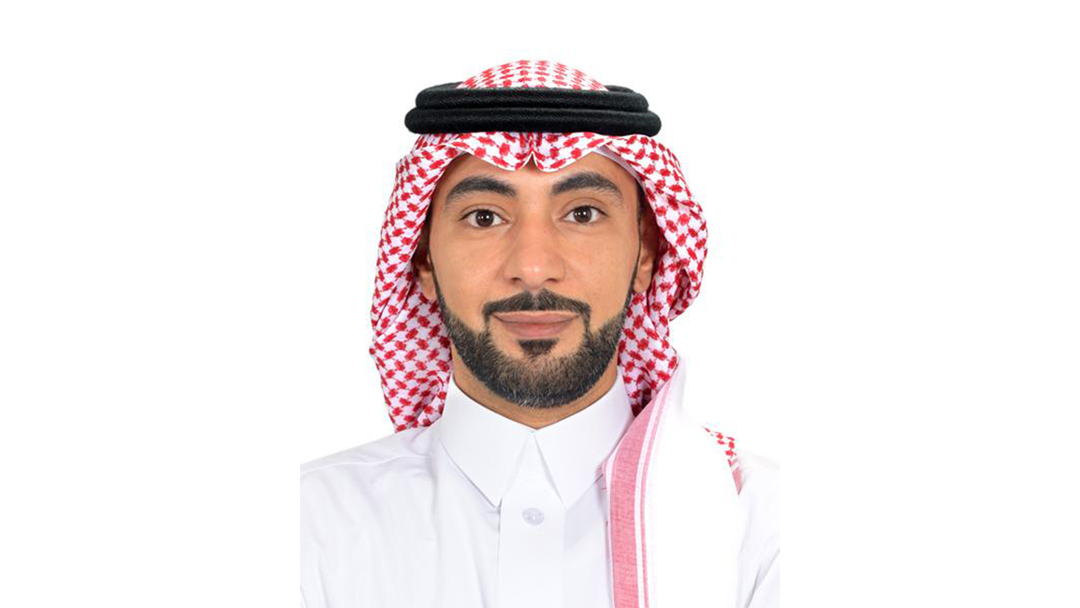The Red Sea International Film Festival (RedSeaIFF) which is set to take place from 6-15 December today announced the first slate of films in its ‘Arab Spectacular’ strand. The line-up of films is part of over a 100 strong programme of the best Arab and international films which will be presented alongside red-carpet premieres, workshops, masterclasses, and networking within the industry market The Red Sea Souk, and a packed schedule of exciting events for Festival-goers.
The ‘Arab Spectacular’ section will shine a spotlight on the most exciting new works premiering across the Arab world, covering an array of stories from societies as diverse as Iraq, Palestine, Algeria, Tunisia Egypt, Lebanon and Morocco.
The films selected focus on the Arab experience, coming from some of the leading established names and trailblazing filmmakers in Arab cinema.
Edouard Waintrop, Artistic Director of the (RedSeaIFF) said: “To be able to present the variety of Arab filmmakers and stories being told, and to amplify them on an international stage is the primary aim of the Festival. We know that the Arab world is not a monolith, and to see such diversity in the types of stories being told through these films is unique. We are proud to be able to showcase these films that speak to the progress and evolution of our industry, from some prominent Arab names”.
Antoine Khalife, Director of Arab Programs & Film Classics at the (RedSeaIFF), added: “The stories being told as part of the ‘Arab Spectacular’ strand speak to the most diverse aspects of our society. The directors of these films reconstitute memories and above all redefine Arab identity, trying to find a specific part of the story and revisit it in an authentic way. The stories also give women a voice and bring perspective from both central protagonists and the directors, reassesing and exploring their place in society. Music is also a central theme in this strand, shaping emotional responses and playing an integral role to build the narrative of the family unit which can often by complex yet fascinating”.
Acclaimed Palestinian director Rashid Masharawi’s world premiere of his feature ‘Recovery’ tells a deeply personal story. Masharawi, known for his directorial work on ‘Laila’s Wedding’, ‘Waiting’ and ‘Ticket to Jerusalem’, in his latest feature takes a special journey through photographs from the1930s-1948 across the historical city of Jaffa, where his father lived before being forced to emigrate in 1948.
Leading Algerian director Djaffar Gacem’s feature ‘Héliopolis’ takes a historical turn, looking back at the reasons leading to demonstrations in Algiers in the aftermath of the Second World War on May 8, 1945. ‘Héliopolis’ raises questions about the meaning of duty, sacrifice and responsibility but also authority, compliance and courage.
‘Their Heads Are Green And Their Hands Are Blue’ sees Emmy-nominated director Jay Bulger team with ‘Men in Black: International’ and ‘Cherry’ producer Karim Debbagh on a life-changing trip to Morocco. The pair follow in the footsteps of acclaimed composer and writer Paul Bowles, who in 1959 published a brief account of his three years travelling throughout Morocco as he set out to record and document the country’s vast musical landscape on behalf of the US Library of Congress.
Nabil Ayouch’s ‘Casablanca Beats’ was selected to compete for the Palme d’Or at the 2021 Cannes Film Festival, and has also been chosen as the Moroccan entry for Best International Feature Film at the upcoming 94th Academy Awards. In this, his latest film, the French-Moroccan director tells the story of Anas, a former rapper, who works in Casablanca. Torn between the threat of religious radicalism, the temptation of modernity and the weight of traditions, Anas opens up the minds and souls of his students through his teachings.
Tunisian actor Dhafer L’Abidine presents his feature directorial debut in ‘Ghodwa’. The film, which is also written by and stars L’Abidine, describes an unlikely father-son relationship, where the roles become reversed. As Habib’s health deteriorates, it brings him together with his 15-year-old son Ahmed from a previous marriage.
Internationally acclaimed Iraqi director Shawkat Amin Korki’s fourth feature, ‘The Exam’, tells the story of a young woman, Rojan, living in Iraqi Kurdistan. Facing a forced marriage and aided by her sister, Shilan, who herself is in an unhappy marriage, Rojan strives to pass a college entrance exam. ‘The Exam’ follows these two sisters in their subtle journey to delay a forced wedding and take some control over their lives.
‘Take Me to the Cinema’, a documentary feature from Iraqi director Albaqer Jaafar, was one of 14 films chosen by the Red Sea Fund to receive production and post-production funding. The feature follows the journey of former soldier Nassif, who fled the war in Iraq by escaping to the cinema. This documentary shows a vastly changed Baghdad through Nassif’s eyes, as he looks for this film among the Baghdad cinema ruins.
‘Memory Box’, co-directed and co-written by Joana Hadjithomas and Khalil Joreige, had its world premiere at the 71st Berlin International Film Festival earlier this year, becoming the first Lebanese film to be nominated for the Golden Bear for Best Film in four decades. The story, drawing inspiration from Hadjithomas’ real-life notebooks addressed to her best friend, focuses on Alex who receives an imposing box from Beirut intended for her mother, Maia. Despite her grandmother’s wishes to keep the past sealed, Alex discovers the personal notebooks as well as tapes and photographs that Maia, aged 13 to 18, wrote and recorded for her best friend Lisa, who had left for Paris to escape the Lebanese civil war.
The inaugural edition of the Red Sea International Film Festival will run in Jeddah, Saudi Arabia from December 6-15, 2021.




